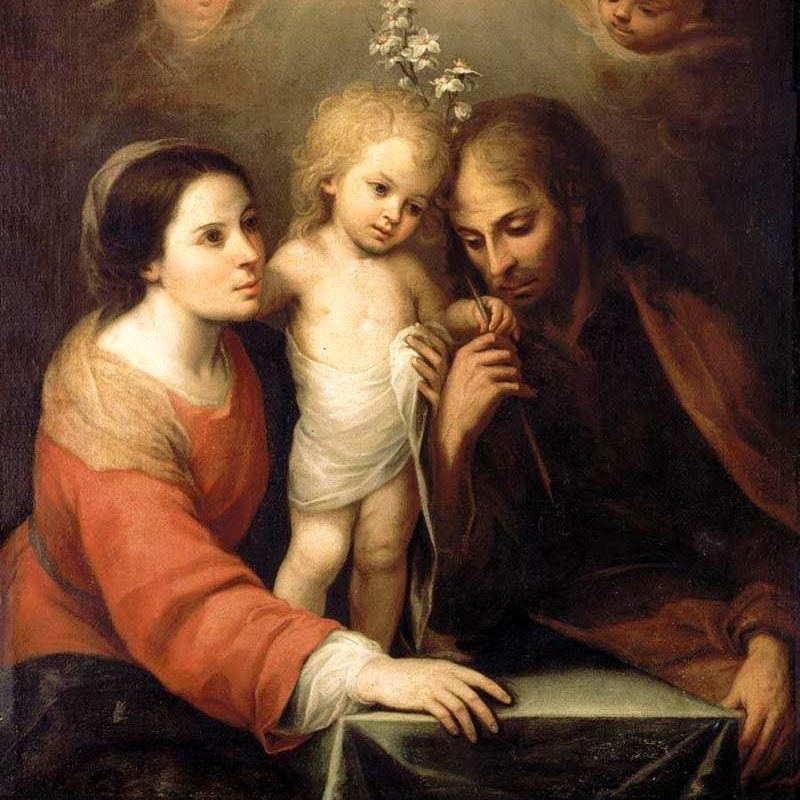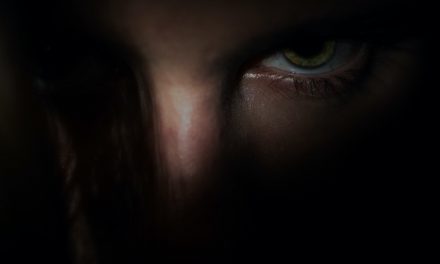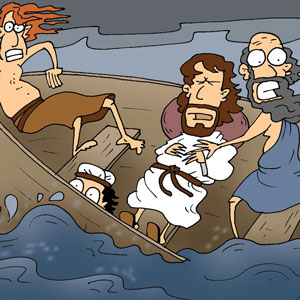Today’s feast celebrates Jesus being known to the whole world. Epiphany is basically the Greek word for the light bulb which appears over a cartoon character’s head. It’s the sudden realisation of something profound — not out of the blue, but after some hard thinking.
Jesus being known to the whole world. Epiphany is basically the Greek word for the light bulb which appears over a cartoon character’s head. It’s the sudden realisation of something profound — not out of the blue, but after some hard thinking.
The Maji represent all peoples, of every language and nation. Their epiphany is our epiphany. After generations of doubt and questioning and searching for God, the human race is finally presented with the greatest light bulb moment in history.
It’s telling, I think, that the Magi faithfully follow the star, but when they reach Jerusalem, they seek an audience with King Herod. Perhaps, despite their wisdom and insight, they fell into the trap of conventional thinking. They expect to find their priest, prophet and king in the royal palace.
But having endured an all-too-familiar detour into human thinking, which invariably leads to a dead end, God again intervenes. The star reappears, and they are “filled with delight.” This episode can stand as a metaphor for multiple experiences in our own lives.
The Magi follow the star to a simple house — quite possibly the stable; perhaps a nearby inn. (The Greek is ambiguous.) Here, in unexpectedly modest surrounding, they find God.
As Pope Francis recently tweeted:
“God does not reveal himself in strength or power, but in the weakness and fragility of a newborn babe.”
In our own day, too, God presents himself in ways which we may not recognise. God does not appear in his glory, but in friends and strangers, unexpected incidents and under the insignificant appearance of bread and wine. Just as he did in Bethlehem, Jesus slips into our lives like a shadow.
Mother Teresa is famous to the world for her work with the poor. The world saw a woman, and an order of sisters, who feed the hungry, nurse the sick, and serve the poorest of the poor.
But that’s not how Mother Teresa saw herself:
“Many people mistake our work for our vocation. But our vocation is the love of Jesus.”
Mother Teresa’s sisters spend an hour every day, adoring the Holy Eucharist. First they love Jesus under the appearance of bread; and then they love Jesus in the poor they serve.
It’s hard work, and ugly work. What sustains them is their eucharistic faith, which is also the faith of the Magi. They know that God does not show himself in the way we expect.
In the same way, we must be attentive, because our Lord shows himself in the normal events of every day.
“Going into the house they saw the child with his mother Mary, and falling to their knees they did him homage.”
We, too, kneel down before Jesus: God, hidden in humanity. We tell him, once more, that we do not wish to turn our back on his divine call. We tell him we shall not separate ourselves from him. We shall remove all obstacles to our faith in him.
And we shall recognise him, under the appearance of bread, and in our brothers and sisters.





A very inspiring homily!Christ is Born!
Yes, Fr John, Jesus Christ is really truly presence in the Eucharist – in a peace of consecrated bread. We kneel down to pay Him homage and yes, He is present in all our brothers and sisters and we are all called to recognize Him in our brothers and sisters. We are all called to serve Him who lives in the poor and the needy. It is useless to worship Him in the Eucharist and then neglect Him who lives in the poor and the needy. We are all called to serve one another as it is Him we serve who lives in our brothers and sisters. This I guess is some food for thought for us all during 2014.
Re: Greatest Light Bulb Moment In Human History
Beautiful article, minus the Wiley Coyote figure (not a fitting example for Wisdom, nor for Inspiration & certainly not for the Feast Day of The Epiphany). We should take care to be respectful when evangelizing. I would venture to say that if folks really knew what takes place on the Altar during Holy Mass, they would be face down on the floor in true postures of reverence. This carries over into everyday life as well.